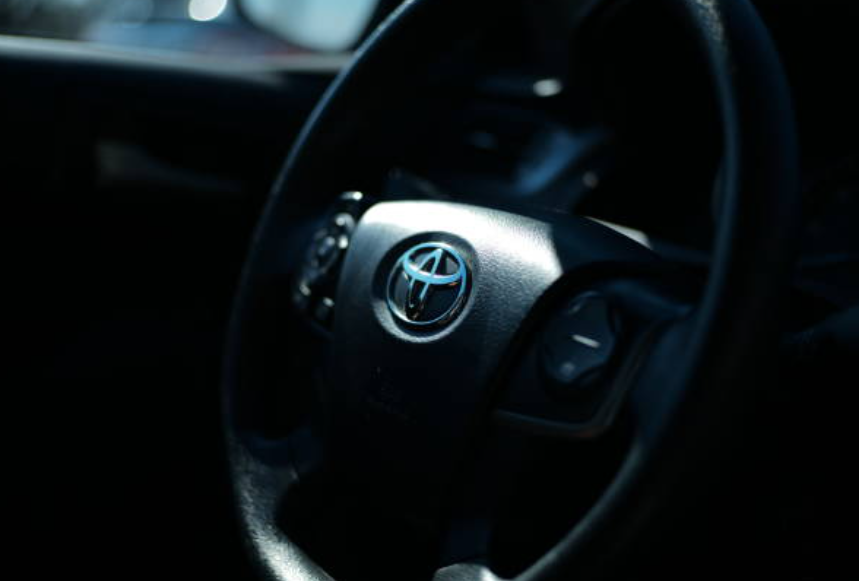What Is a Knock Sensor and How Does It Work?
Numerous modern technologies operate in tandem in the realm of automobile engineering to keep your car running smoothly and effectively. Among these vital components, the knock sensor stands out as a small yet crucial device that plays a significant role in preserving your engine's health. In this blog post, we will unravel the mysteries behind knock sensors, exploring their purpose, functionality, and importance in maintaining optimal engine performance.

What is a Knock Sensor?
A knock sensor, also referred to as a detonation sensor, is an electronic component found in modern internal combustion engines. Its primary objective is to monitor the combustion process and detect abnormal conditions known as engine knock or detonation. Engine knock occurs when the air-fuel mixture in the combustion chamber ignites unevenly, creating damaging shockwaves and vibrations. The knock sensor acts as a vigilant guardian, detecting these irregularities and alerting the engine control unit (ECU) to take necessary corrective actions.

Knock sensors are typically mounted on the engine block or cylinder head, in close proximity to the combustion chamber. They consist of a piezoelectric crystal or a similar vibration-detecting element. When an abnormal combustion event, such as engine knock, occurs, it generates vibrations within the engine block. The knock sensor detects these vibrations and converts them into electrical signals.
Upon receiving the electrical signals, the ECU promptly analyzes the data to assess the severity of the knock. If the knock remains within acceptable limits, the ECU makes no immediate adjustments. However, if the knock surpasses the predetermined threshold, the ECU initiates necessary countermeasures to mitigate the knock. These corrective measures may include altering the ignition timing, adjusting the fuel mixture, or even reducing engine power temporarily to protect the engine from potential damage.
Engine Protection: Knock sensors are crucial for safeguarding your engine from destructive knocking or detonation. By detecting these abnormal combustion events in real-time, the knock sensor allows the ECU to intervene promptly and prevent potential engine damage.
Performance Optimization: Knock sensors contribute to optimizing engine performance. They enable the ECU to make precise adjustments to the ignition timing and fuel delivery, ensuring efficient combustion and maximizing power output while maintaining fuel economy.
Emission Control: Engine knock can lead to increased emissions of harmful pollutants, such as nitrogen oxides (NOx). By minimizing knock, knock sensors help in reducing emissions, promoting a cleaner and more environmentally friendly driving experience.

To maintain the status of the knock sensor and ensure its effectiveness, it is essential to prioritize regular maintenance for your vehicle. Adhering to the manufacturer's recommended maintenance schedule, including routine oil changes, air filter replacements, and spark plug inspections, helps keep the engine in optimal condition and reduces the risk of engine knock. Additionally, using high-quality fuel from reputable sources and avoiding aggressive driving habits can minimize stress on the engine and prevent knock events. Promptly addressing any engine issues and seeking professional inspections when necessary are crucial for early detection and resolution of potential problems affecting the knock sensor. By following these practices and avoiding engine modifications that may disrupt the sensor's function, you can effectively maintain the status of the knock sensor and contribute to a healthier and more reliable engine.
-
Can I replace a knock sensor myself?
Replacing a knock sensor generally requires advanced automotive knowledge and tools. It often involves accessing hard-to-reach areas of the engine and making electrical connections. If you have the necessary expertise and experience, you may be able to replace the knock sensor yourself. However, it is recommended to consult a professional mechanic to ensure proper installation and avoid any complications.
-
How can I maintain the health of my knock sensor?
To maintain the health of your knock sensor, it is essential to keep your engine in good condition. Regular maintenance, including timely oil changes, proper fuel quality, and adherence to recommended service intervals, can help prevent issues that could affect the knock sensor's performance. Additionally, addressing any engine performance issues promptly and having the sensor inspected during routine maintenance can help detect and resolve potential problems early on.
See more article here: The 10 Best Motorcycle LED Light Kits












